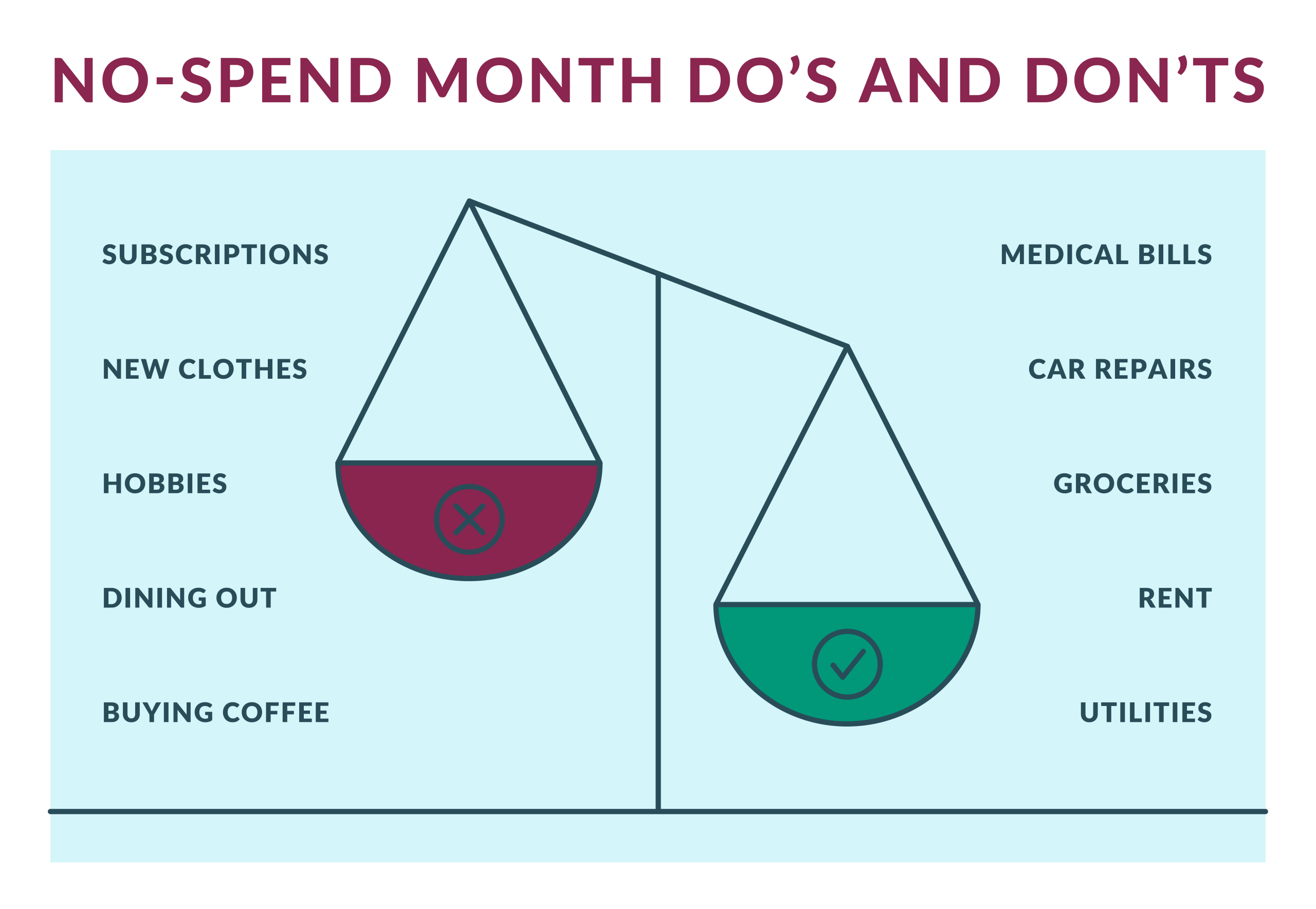Anúncios
Buying a home is one of life’s most exciting milestones, but it also brings significant financial responsibilities. And for many, the initial and ongoing expenses can seem daunting.
The good news is that with careful planning and strategic decisions, you can significantly cut costs when buying a home.
In this content, we will show you practical strategies to reduce your home buying costs, empowering you to make informed choices and obtain home ownership without unnecessary financial stress. Keep reading to discover some smart strategies!
What are the common costs in buying a home?
Before exploring cost-cutting strategies, it’s essential to understand the main expenses involved in buying a home. Here are the main ones:
- Down Payment: A percentage of the property price paid upfront, typically ranging from 3% to 20%, depending on the type of loan.
- Closing Costs: These fees cover expenses such as inspections, appraisals, and loan fees, usually ranging from 2% to 5% of the property value.
- Property Taxes: Vary by location, but these annual payments are based on the assessed value of your home.
- Home Insurance: A mandatory cost required by lenders to protect your home and belongings.
- Maintenance and Repairs: Ongoing costs to ensure your home remains in good condition, which can vary depending on the age and condition of the property.
Understanding these costs can help you identify opportunities to save money. Below are seven proven tips for cutting costs during the home buying process, helping you secure the best deal possible.
7 Tips on How to Cut Costs When Buying a Home
Saving money when buying a home requires a strategic approach. Here are seven practical tips to reduce costs without compromising on quality.
Research Mortgage and Its Fees
Your mortgage is likely the most significant financial commitment in the home buying process. Finding the right lender and loan terms is crucial for cutting costs.
Researching with multiple lenders allows you to compare interest rates, annual percentage rates (APRs), and fees.
For example, even a 0.25% difference in interest rates can save thousands over the life of a 30-year loan.
Additionally, exploring different loan options, such as FHA loans for low-income buyers or VA loans for veterans, can provide significant benefits.
But remember, many lenders also offer fee waivers or discounts, which can further reduce your initial costs.
Negotiate Closing Costs and Down Payment
Many buyers assume that closing costs and down payments are fixed, but they are often negotiable.
Sellers may agree to cover part of your closing costs, especially in a buyer’s market. Similarly, lenders may offer credits to offset fees or may reduce their charges to win your business.
If saving for a traditional 20% down payment is challenging, explore loans that require smaller down payments, such as FHA loans (3.5%) or conventional loans with only 3%.
Thus, reducing these initial costs can free up funds for other expenses, making the process more affordable.
Review Property Taxes
Property taxes can be a significant ongoing expense and vary greatly depending on where you buy.
Thus, researching tax rates in the desired area can avoid unpleasant surprises. For example, homes in rural or suburban areas generally have lower tax rates than those in urban centers.
Additionally, some locations offer tax incentives for first-time buyers or properties in specific zones.
Ensuring you understand the long-term tax implications can help you reduce your home buying costs over time.
Consider a Fixer-Upper
Move-in ready homes come with convenience but usually carry a high price.
A fixer-upper can be an excellent way to cut costs during the home buying process. These homes are often priced below market value, allowing you to save thousands upfront.
Renovating a property that needs fixing can also increase its value, providing immediate equity. Thus, focus on properties that require cosmetic updates, such as new paint or flooring, rather than extensive structural repairs.
This strategy helps you maximize savings while creating a space tailored to your preferences.
Explore State and Federal Programs
First-time buyers have access to various assistance programs that can significantly reduce costs.
Federal programs like FHA, VA, and USDA loans offer low down payments and competitive interest rates.
In addition, many states provide grants, tax credits, or financial assistance for down payments and closing costs.
For example, some state programs help buyers in underserved areas, while others are designed for educators, health professionals, or military personnel.
In other words, taking advantage of these resources can make acquiring a home more affordable. Be Careful When
Choosing the Location
The location of your home directly impacts not only the purchase price but also ongoing expenses like property taxes, insurance, and commuting costs.
Homes in suburban or emerging neighborhoods often offer better value than those in urban centers, allowing you to save money without sacrificing quality.
At the same time, consider the proximity to work, schools, and other essential services. Taking transportation costs and lifestyle into account ensures that you are making a financially sound decision.
Choosing the right location can lead to substantial long-term savings while meeting your needs.
Take Advantage of Low Seasons in the Market
The real estate market is cyclical, and timing your purchase can result in significant savings.
Historically, late autumn and winter months are the best times to buy, as there are fewer buyers competing, giving you more leverage to negotiate prices.
Additionally, understanding local market trends and housing stocks can help you identify when prices are likely to drop.
Timing your purchase right ensures that you pay the lowest possible price, helping further cut costs when buying a home.
Buying a home doesn’t have to be a financial burden. By applying these strategies, you can successfully reduce costs and make the process more affordable.
For more tips on how to cut costs when buying a home, explore our site for valuable resources, tools, and personalized advice for first-time buyers and experienced homeowners.
Take control of your home buying journey today and secure the best deal possible! Want a suggestion? Also, read our content explaining how to improve credit score for a mortgage.






